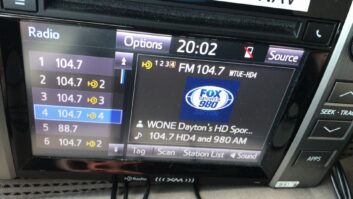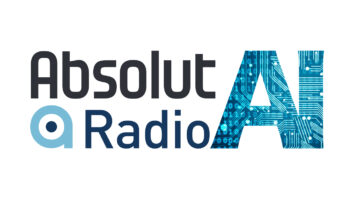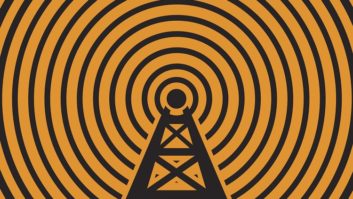The Public and Broadcasting updated
Jul 1, 2008 12:00 PM, By Harry Martin
The FCC has released a new edition of The Public and Broadcasting, which all full-service broadcasters are required to have in their local public inspection files.
The new edition was released in connection with the FCC’s ongoing localism proceeding and is intended to serve as a preliminary instruction manual for members of the public who want to raise issues with the FCC about station performance. The Public and Broadcasting is supposed to tell citizens what they need to know about the broadcasters who use their airwaves, the Commission rules under which broadcasters operate, and the procedures that can be used to file complaints or comments with the FCC.
The 2008 edition updates outdated terms and deletes discussions of rules and policies that no longer exist (i.e. the personal attack rule). The new version also includes new discrete sections on digital broadcasting, V-chips and local marketing agreements. It also gives more detailed information on how to file a complaint � especially a complaint about allegedly indecent programming. The new manual explains how the Commission has streamlined the indecency complaint process by providing an online fill-in-the-blank template that can be submitted to the Commission electronically.
Effective immediately, broadcasters must make sure their public files contain a copy of that new edition of the manual. And since the FCC also requires broadcasters to make copies available to people who walk in, stations may want to make multiple copies in the event the one in the public file disappears. The 2008 edition of The Public and Broadcasting is available for download at www.fcc.gov/mb/audio/decdoc/public and_broadcasting.html.
FCC sets 2008 regulatory fees
The FCC has announced its proposed regulatory fees for 2008. Fees for 60 of the 61 categories of broadcast authorizations went up, some more than others. For radio stations, Class C AM licensees in markets with populations of 25,000 or under and Class C AM construction permit holders suffer the most proportionately, with 12.5 percent increases. Most other annual regulatory fees will increase by 5 percent to 10.8 percent depending on the class of station and the market size. Only Class A AMs, and Class A, B1 and C3 FMs in small markets, and FM Cps will have increases of less than 5 percent.
Since the proceeding is still open, no date for the submission of fees has been set. Usually, regulatory fees are due in August or September. The deadline will be announced this summer, after comments have been submitted. As in the past, the FCC will impose a 25 percent penalty on late payments. Timely and full payment of annual regulatory fees is particularly important in light of the FCC’s red light system. Under that system a licensee who fails to pay FCC fees is not eligible for any FCC authorization until all fees and penalties are paid.
Dateline
August 1 is the deadline for submission of biennial ownership reports by radio stations in Illinois and Wisconsin.
On August 1, radio stations with more than 10 full-time employees located in Illinois and Wisconsin must electronically file their Broadcast EEO Mid-Term Reports (Form 397) with the FCC.
Also on or before August 1, radio stations licensed in the following states must place their annual EEO Reports in their public files: California, Illinois, North Carolina, South Carolina and Wisconsin.
Martin is a past president of the Federal Communications Bar Association and a member of Fletcher, Heald & Hildreth, Arlington, VA. E-mail[email protected].












